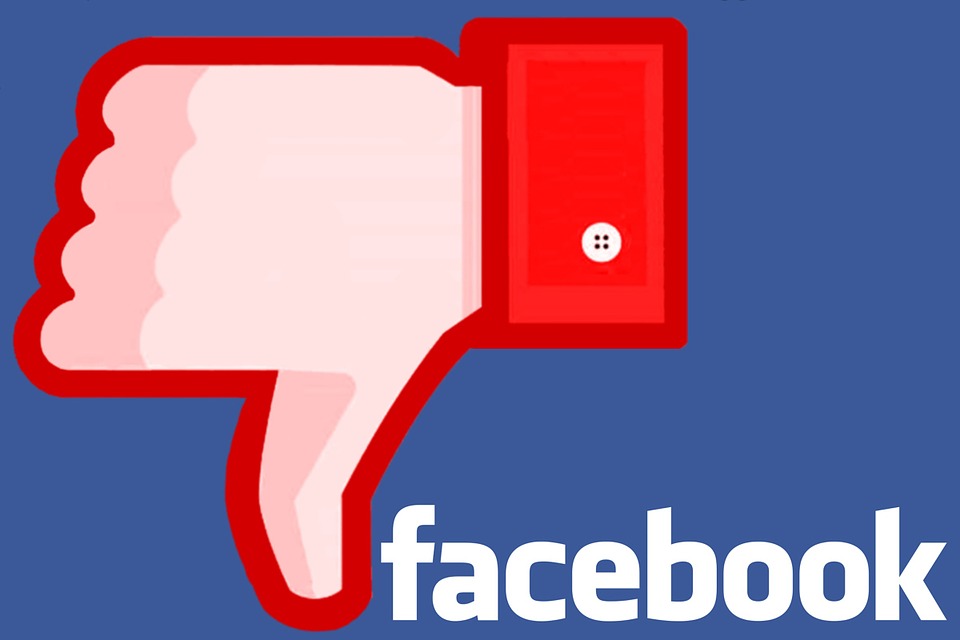Twitter shares dropped after the social media company banned former President Trump
01/21/2021 / By Franz Walker

Social media giant Twitter’s shares dropped by 12 percent on Monday, Jan. 11, after the company banned former President Donald Trump and other conservatives from their platform. The company’s shares dropped after the market opened, reaching a low of $45.17.
According to Twitter, it had removed Trump’s account on Friday because some of the president’s recent posts were seen as glorifying violence. The move echoed statements made by critics who have attempted to connect Trump’s rhetoric with the breach of the U.S. Capitol on Thursday, Jan. 7.
In response, Trump accused Twitter of coordinating with the “Democrats and the Radical Left” to remove his account from their platform.
In addition to Trump, Twitter had also banned other prominent conservatives including election lawyer Sidney Powell and former national security advisor Michael Flynn. At the same time, a number of other users, who weren’t banned, also left the platform, such as radio hosts Rush Limbaugh and Mark Levin.
Some conservatives still on the platform have called for a shift to Parler, a Twitter alternative that has since gone offline after Amazon Web Services refused to continue hosting its servers. Others have fled to Gab, another Twitter competitor, who’s userbase has been skyrocketing since the bans.
Stock price drop comes as fears of further regulation surface
The drop in Twitter’s stock price comes amid concerns from investors about possible future regulation. Some are worried that the company’s actions could reignite legislation to revoke Section 230 of the 1996 Communications Decency Act – legislation that protects internet companies from liability for content users post.
Not only has Trump voiced his disdain for Section 230, but politicians on both sides of the aisle have also complained about it. (Related: Trump reiterates need for Section 230 immunity protections to be stripped from Big Tech.)
“While a Democratic administration may be less focused on significant reform of Section 230, recent events may make content legislation more likely,” stated BofA Securities analysts in a note to clients. That said, the firm still reiterated its positive rating on the stock.
“We would anticipate new proposed legislation in Congress on Social Media content given recent events,” the analysts wrote. “But note content concerns are not new and we think that new laws will provide social media companies with better guidelines and less uncertainty.”
At the same time, analysts from Bernstein stated that more “regulatory activity” was “likely.”
Other social media sites and services also move to censor Trump and pro-Trump speech
Twitter wasn’t the only social media platform to take a harder-line stance against Trump and other conservative accounts.
Facebook recently banned Trump for at least two weeks while also banning any mention of the phrase “stop the steal.” Following this shares of Facebook sank as much as 4.5 percent. The slide saw $33.6 billion erased from Facebook’s market capitalization.
Other services that have been Trump’s accounts include Snapchat, Twitch, Tiktok, Instagram and YouTube. Other services, such as Reddit, Discord and Pinterest have banned pro-Trump account or blocked groups and topics related to Trump and “Stop the Steal.” Meanwhile, Stripe has stated that it will stop processing payments for Trump’s campaign while Shopify has taken down stores affiliated with Trump.
Meanwhile, some of these companies have also targetted other services that continue to allow conservative and pro-Trump voices. Amazon Web Services recently stopped providing cloud services to social media app Parler. The latter had attracted a lot of conservatives who had become disenfranchised by Twitter. In addition, Google and Apple both pulled Parler’s app from their storefronts while user authentication service provider Okta pulled Parler’s free trial of their product.
But it has yet to be seen if these companies will experience the same stock price drops as Twitter and Facebook.
Follow BigTech.news for more on how Silicon Valley is working to silence conservatives.
Sources include:
Tagged Under: ban, Big Tech, Censorship, Donald Trump, finance, Social media, stocks, tech giants, Twitter
RECENT NEWS & ARTICLES
COPYRIGHT © 2017 CENSORSHIP NEWS



















